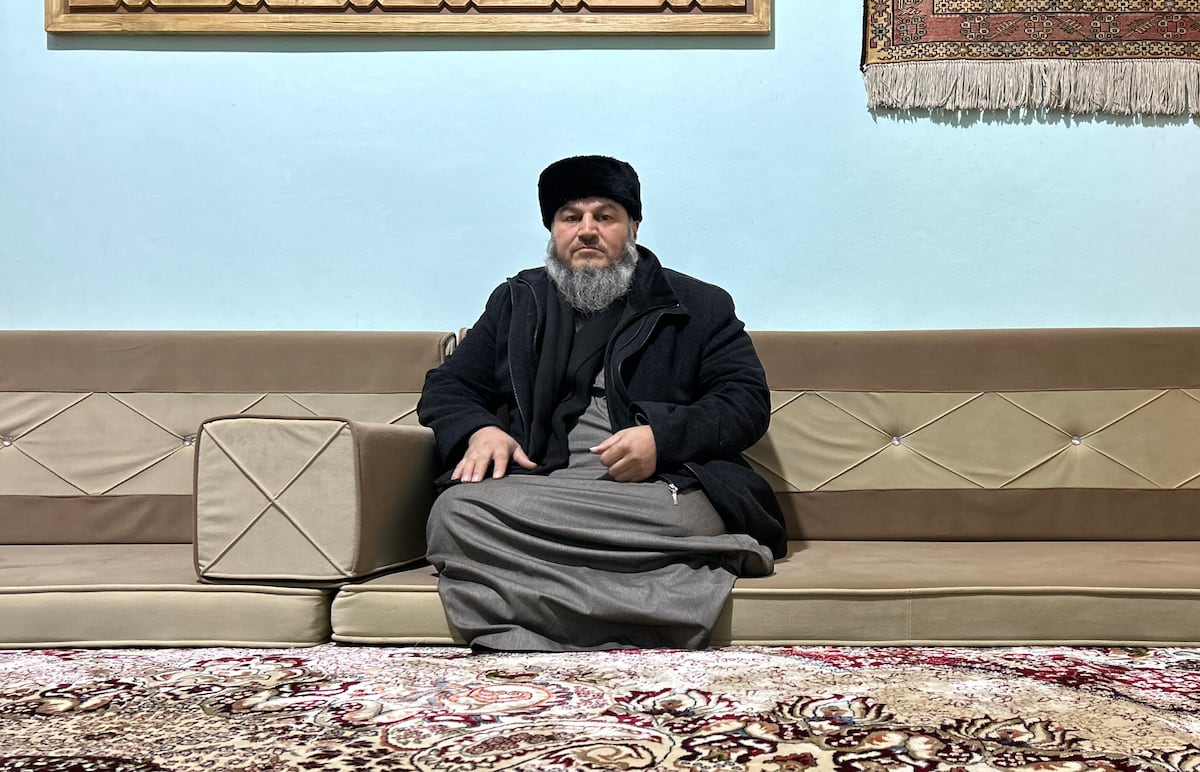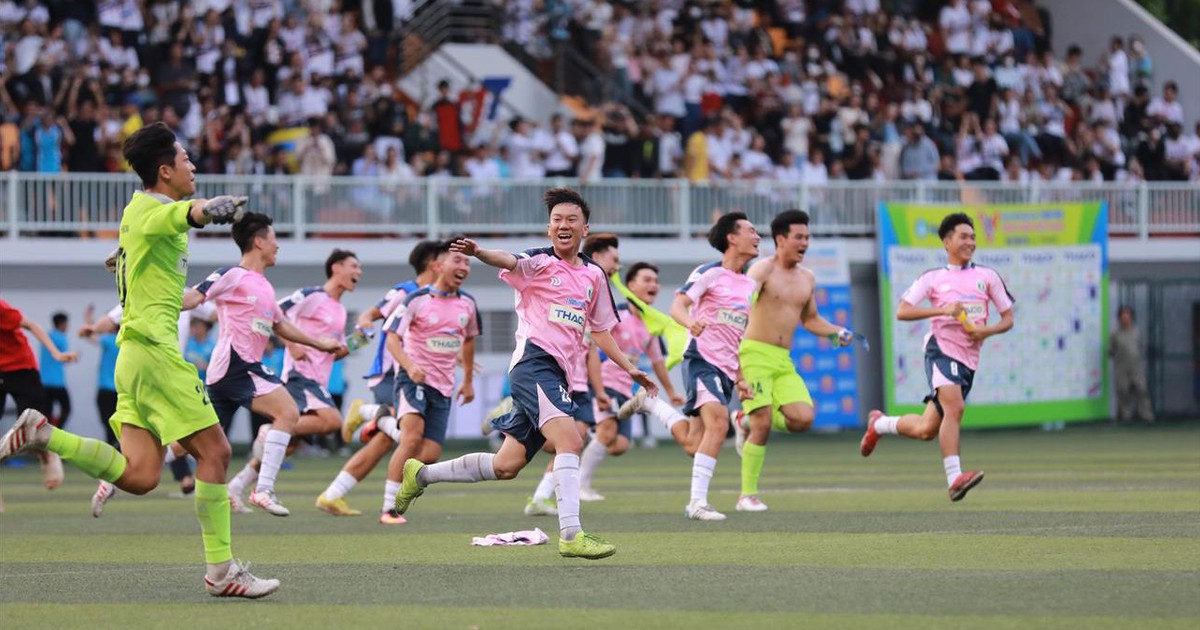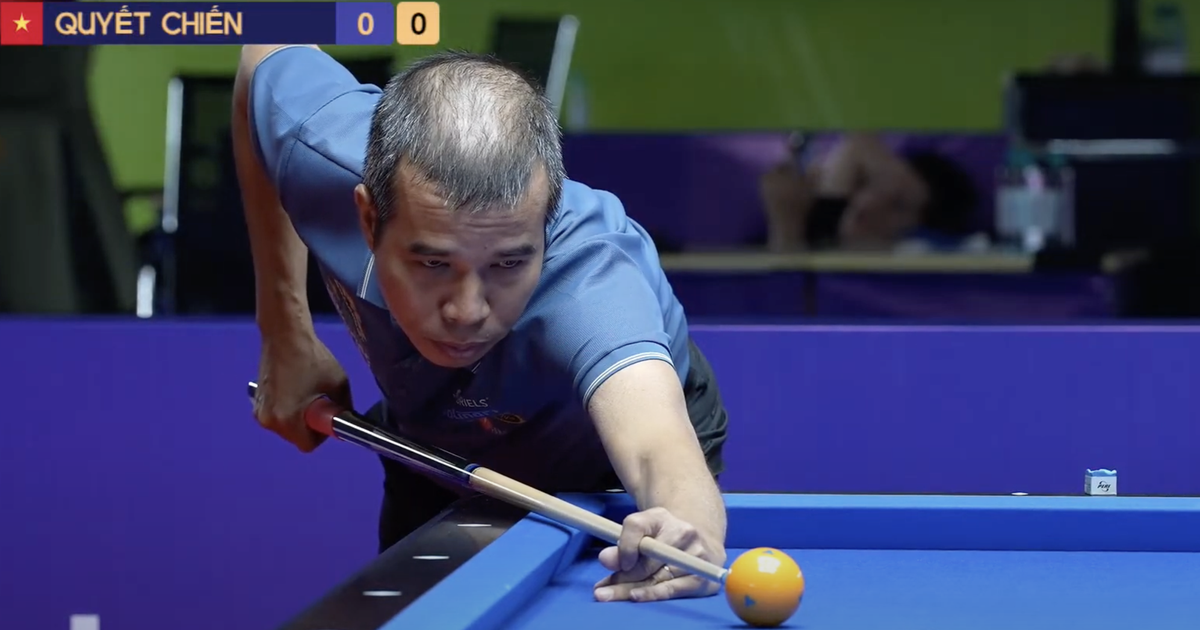The young Rami returned a few days ago to his native province of Idlib (northwest Syria) after years as a refugee in Lebanon. On Sunday – a working day – he went to renew his identity card and the process was so fast and the staff so friendly that he asked to see the director to congratulate him. “When I entered his office he got up from his chair to greet me,” he says with surprise: “I swear I told him: ‘If you keep treating us this well, we’ll eventually get used to it.’”
For decades, only abuse and humiliation were expected from the State. For Syrians, the state has meant corruption and endless bureaucratic procedures; the terror of being spied on, detained and tortured. Many Syrians that Morning Express has spoken to these days talk about the anxiety that having to go through a checkpoint every time they moved from one place to another: they knew that to pass it they would have to pay a bribe, although not how much, and that, depending on the official mood on duty, they could end up in the barracks or forcibly enrolled in the army. So now that the checkpoints are manned by militiamen from the Salafist group Hayat Tahrir al Sham (HTS) who behave politely and even smile, this alone is already an impressive development for many residents.
Institutions, institutions, institutions. It is the message that Abu Muhamad al Julani, leader of HTS, the group that has conquered power in Syria after overthrowing Bashar al Assad, has been insisting on for days. “The Syrian revolution has won, but Syria cannot be led with a revolutionary mentality. Laws and institutions are needed,” Al Julani stressed on Saturday, who now prefers to leave behind his nom de guerre and use his real name, Ahmed Hussein al Shara.
The building of the provincial delegation of the Government of Aleppo is a tall skyscraper with part of its windows shattered; It was a sniper nest during the battle for the city between 2012-2016 and also suffered during the offensive that began late last month. In his main office, illuminated by an ostentatious crystal teardrop lamp, heavy curtains cover the broken windows, through which the freezing December air and the screams of the street market traders filter in. It is guarded by a bearded HTS military policeman and the tea is served by a clean-shaven official from the old regime. A triumvirate from Idlib takes charge of the Governorate to try to get it up and running. At the moment, they are trying to evaluate the situation: they estimate that 95% of officials have taken up their positions although, they acknowledge, they do not know for sure how many employees they have, due to the “corruption” and “nepotism” rampant during the Assad regime. “We are trying to safeguard and use the previous structures. For the moment without changing any law, maintaining the template and completing what is missing,” explains Fawaz al Helal. And, at the same time, “introduce the model and experience that we have followed in Idlib,” adds Abd al Wahab Daas.
Idlib is a small, conservative province, in the northwest corner of Syria and bordering Turkey, where HTS prevailed by force in 2019 over the rest of the Islamist and rebel factions. The group established the so-called Salvation Government to govern the territories under its control. In 2020, when this newspaper visited Idlib, it was a place where there was hardly any running water or electricity, there was no mobile phone coverage and hardly any employment opportunities and its 3.5 million inhabitants (two thirds of them displaced) survived on difficulty. “We have faced numerous crises. Covid-19, the continuous bombings, the 2023 earthquake and we have proven ourselves capable. Even being in a state of war, we developed the province and the people saw that they could trust. We have instructed our staff not to accept bribes and to cultivate the trust of the population,” says Mohamed al Asmar, communications officer at the Ministry of Media of the Salvation Government. And it is true that services have improved, you see fewer people staying in tents, new homes have been built, supermarkets are much better stocked than those in the rest of Syria (you can even buy new iPhone 16s), there are workshops, some factories and two local mobile phone companies.
“I see everything very differently. It is more civilized and there is more security. I am proud of the guys in charge,” says Rahiha, a woman in her 50s who recently returned to Idlib. Another change compared to 2020 is that you no longer see so many militiamen on the streets – then from different groups and some of them foreign jihadists – and the police from the Ministry of the Interior of the Salvation Government patrol in their brand new vehicles.
Four years ago, a local source defined the Salvation Government as “those from HTS dressed in civilian clothes,” but since then its representatives have acquired their own personality. Its members, explains Al Asmar, are chosen for “their revolutionary commitment” and for “efficiency and capacity”, through the so-called Shura Council, which acts as a Parliament, and which is chosen from among local notables and representatives of professions (all men). However, he assures that this is not the model that HTS seeks for all of Syria. “There will be elections, we couldn’t carry them out because we were in a context of war, but that has changed,” he promises.
“What gives me optimism is that they are prepared people. Although outside they say that they are a terrorist group, we did not see anything of that at the moment, but we talked with worthy and cultured people,” says Syriac-Catholic Archbishop Denys Antoine Shahda.
Islamist gradualism
Behind this change is, of course, the “pragmatism” of its leader, Ahmed al Shara, writes the Syrian analyst Haid Haid on the social network …) has allowed it to implement its objectives little by little, adapting to the reactions of the population to minimize negative reactions.” An example of this has been his change regarding minorities, which he began to put into practice in Idlib, returning land and restoring Druze and Christian sanctuaries that had previously been captured by Islamist militants.
An HTS commander, who calls himself Abu Muhamad al Halabi and has fought with the group since it was known as the Nusra Front and had not yet distanced himself from Al Qaeda, says that Al Shara is a “charismatic and intelligent” man. able to accept criticism. “He is a leader, not a dictator,” and gives as an example that when his leadership has been questioned within the group, he has offered to be replaced by another, although his commanders have always ended up supporting him.
Within HTS there continue to be very radical Islamists, but years ago Al Shara established order to prevent its base of operations from becoming a center for the export of jihadism and thus differentiate itself from more extremist groups such as the Islamic State (ISIS, in its acronym in Spanish). English). Al Halabi explains it this way: “There are two types of jihad, expansive and defensive. Expansion, to spread Islam to other countries, is no longer necessary because everyone has the Internet at their disposal and can learn about God’s message. The defense was necessary to defend ourselves from the Assad regime.”
How HTS has become a monumental strike force, capable of defeating an army that far surpassed them in numbers and arsenal, is justified by years of work, the imposed hierarchy and the military academy established in Idlib. . And a rigid morality to prevent corruption, which has differentiated them from other rebel groups that, when they were not on the front, dedicated themselves to fighting among themselves and extorting the population in a way not unlike the soldiers of the regime. “Türkiye has seen the difference between our model and the territories it supports, governed by other groups. They have seen the difference in management, economy… so relations with Türkiye have improved,” says Al Halabi, although he denies having received financing from the neighboring country. The funds to run HTS and the Salvation Government come mostly from taxes and fees on imports through Turkey, and trade, as well as from smuggling of goods sent to areas under regime control. “And our weapons are Russian, the ones we captured from the army,” he says.
Turkish academic Selim Koru believes that the imprint of Turkish Islamists is evident. “The lesson of the AKP [el partido de Recep Tayyip Erdogan que gobierna Turquía desde 2002] “It’s that you have to hide one’s Islamism, and take things calmly.”









